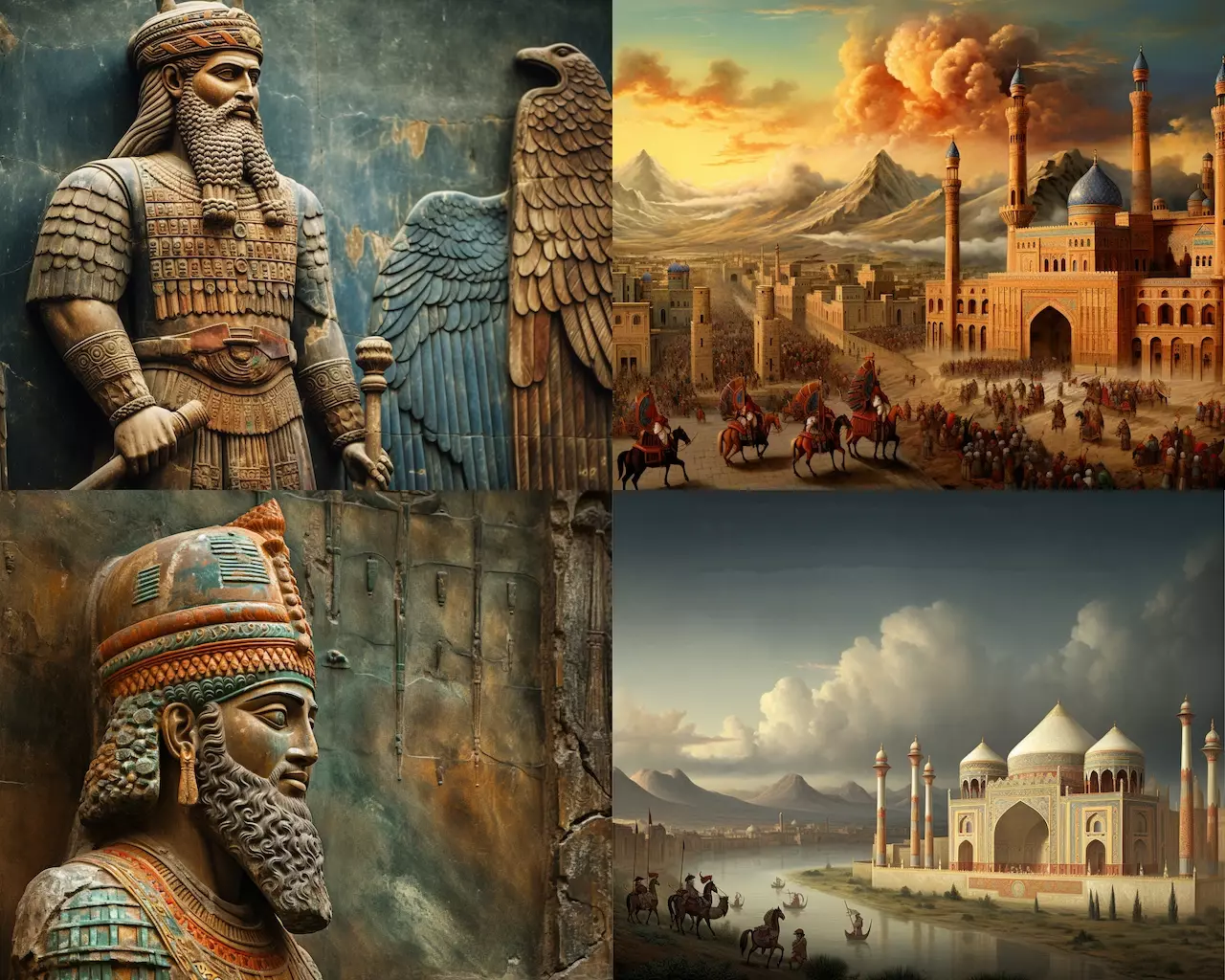Around 2,500 years ago, the Persian civilization stood at the pinnacle of knowledge and science, leaving an enduring legacy of groundbreaking discoveries. In this event, we explore some remarkable achievements of ancient Persian sculptors that laid the foundation for modern science, technology, and engineering.

One ingenious creation was the ‘Yakhchal,’ an ancient cooling structure employing the evaporation method. With a ventilated design and hollow interiors, it released hot air through its intricate structure. Originally designed to store ice, it also served as a means to preserve food, showcasing the advanced understanding of cooling methods.
Around 250 BC, ancient Persians crafted batteries capable of producing 1.5 to 2.0 volts of electricity once activated. Despite ongoing mysteries surrounding the Baghdad Battery, its existence highlights the early pursuit of electrical power in Persian civilization.
The Persian chemist Abu Bakr Muhammad ibn Jakarta al-Razi is credited with artificially producing the first sulfuric acid. His expertise extended beyond chemistry to astronomy, mathematics, and geography, making him a polymath of ancient Persia.
Ancient Iran boasts the establishment of the world’s first regular postal system. Utilizing the ‘chapar’ process, messengers carried mail on horseback, delivering it to relay stations reminiscent of today’s post offices. This system facilitated the secure transport of government documents across different locations.
In 539 BC, Cyrus the Great conquered Babylon, introducing a revolutionary approach to governance. He freed slaves, promoted racial equality, and granted people the right to choose their religion. This early instance in ancient Persia marks the roots of human rights principles.
Evidence from ancient Persian civilization indicates the existence of a taxation system during the reigns of Cyrus the Great and Cambyses. Instead of traditional taxes, a tribute system prevailed, allowing those unable to pay taxes to contribute goods of equal or near value. This approach showcased a nuanced understanding of economic policies.
Leave a Reply